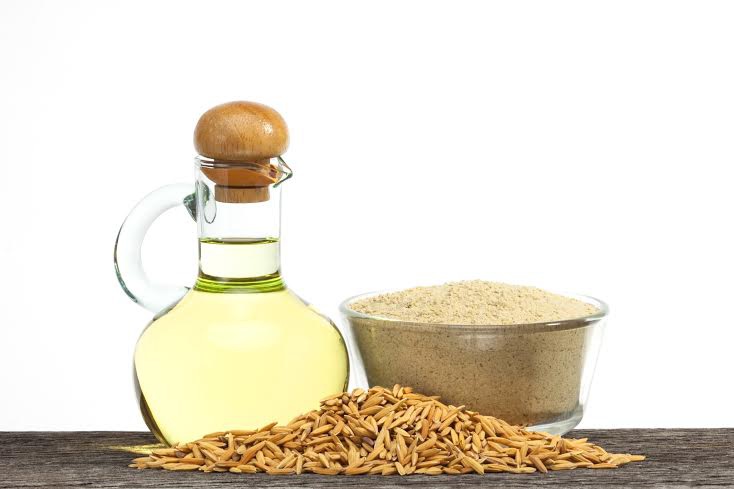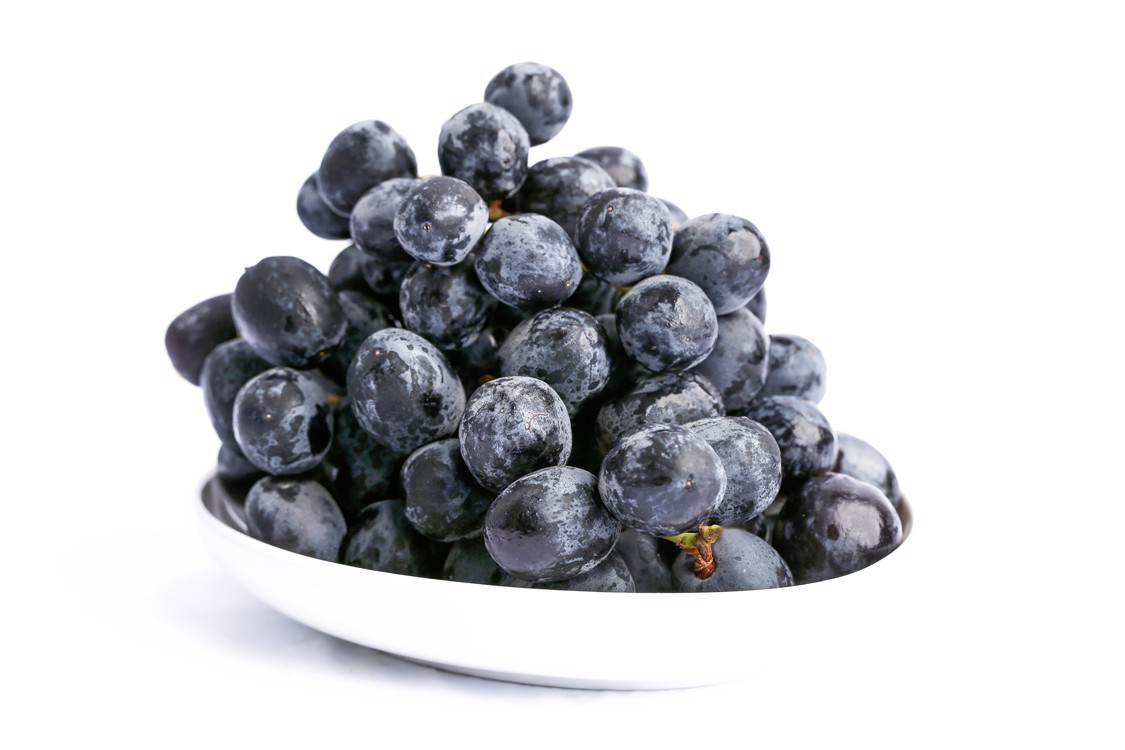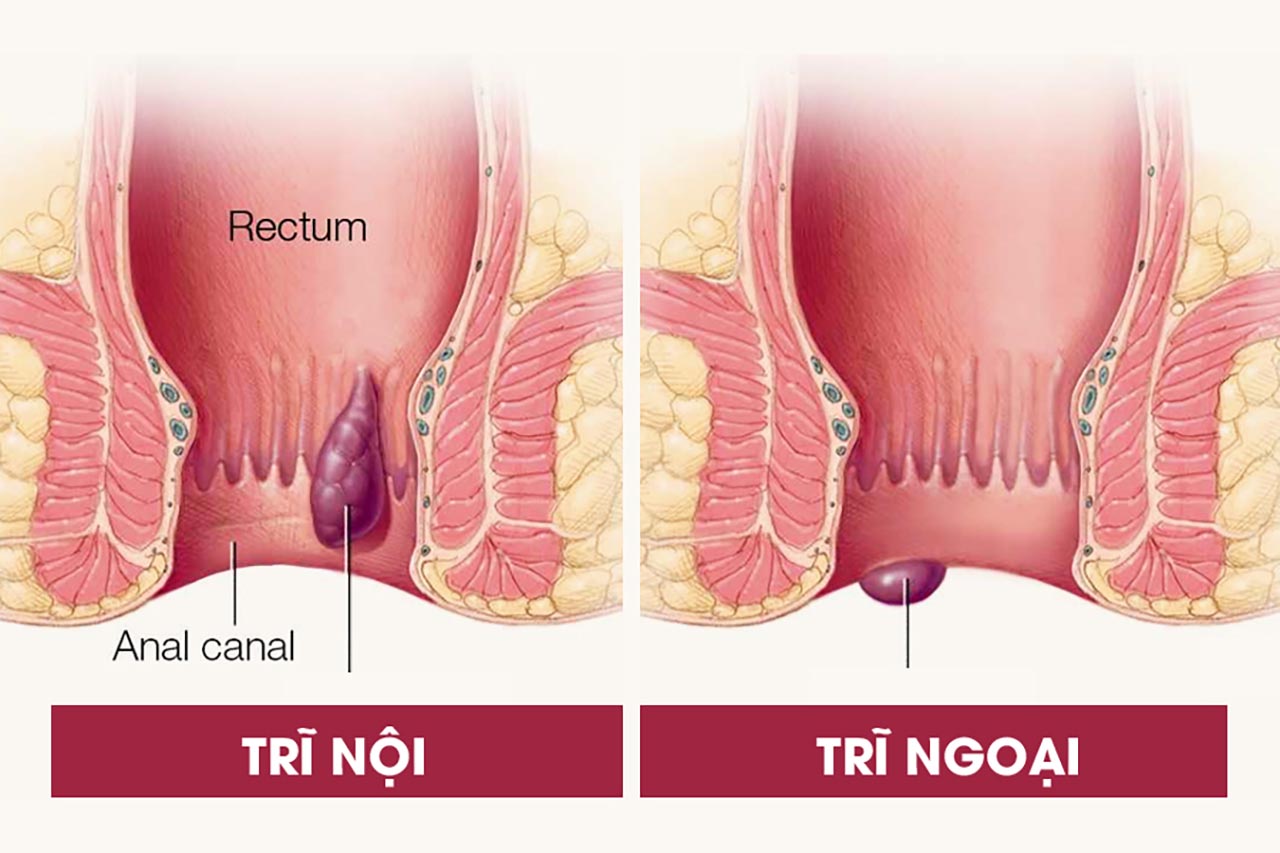1.Signs of gastroesophageal reflux disease in children.

The most typical symptom of gastroesophageal reflux disease in children is vomiting. However, this symptom is very easily confused with physiological vomiting. Therefore, mothers need to distinguish these signs of vomiting to know if their child has gastroesophageal reflux.
| Physiological vomiting | Vomiting due to reflux | |
| Cause | Children suck or eat too full, while sucking babies swallow a lot of air. Children are intolerant to cow’s milk, or eat new foods for the first time. Therefore, vomiting occurs early, children often vomit immediately after meals or during while breastfeeding. | Because the child’s lower esophageal sphincter is weak, not strong enough to resist milk, food in the stomach overflows into the esophagus. Therefore, vomiting often occurs late, children often vomit when they change positions suddenly. |
| Frequency | Few times, transient or once a day. | More frequent than physiological regurgitation |
| Expression | Beside vomiting, children still play normally | The child shows signs of fear of sucking or eating: crying a lot, refusing to suckle, twisting and turning… |
If left for a long time, gastroesophageal reflux disease in children will have more obvious symptoms, showing the severity of the disease such as:
* Children have the phenomenon of spitting milk through the nose.
*Children may vomit blood, refuse to suckle, twist and turn …
*The child’s weight loss or failure to gain weight for unknown reasons
*Children often have lung infections. Have breathing problems such as choking, wheezing, cyanosis, or apnea.
Therefore, it is necessary to take the child to the medical center urgently because if the reflux occurs while the child sleeps with the head low, if not detected in time, it will lead to death due to obstructive breathing.
2.The reason why children are prone to gastroesophageal reflux disease.
Gastroesophageal reflux in children occurs when food goes against the natural path, instead of going from the top down, the food goes back from the stomach to the esophagus. However, the severity depends on the condition of each child.
There are many reasons why children are prone to gastroesophageal reflux disease, including:
The stomach of a child is not fully developed, this stage of the baby’s stomach is horizontal and higher than the stomach of an adult. In addition, the sphincter muscles at the two ends of the stomach, which open only when food passes through and close when the stomach contracts to mix food, is not stable. So sometimes when it should be closed, it opens and the food spills out and back up.
Feed the baby in the wrong position. Most babies lie down while feeding, especially during nighttime or bottle feeding. In this position, the stomach is like a glass of milk placed horizontally, making it easy for milk to leak out.
In addition, reflux can also be caused by other diseases affecting the contraction or digestive function of the stomach and intestines such as gastritis, cerebral palsy, systemic infections, etc.
3.Caring for children with acid reflux.
Children with acid reflux need proper care. Some tips and ways to help your child avoid GERD include:
– Eat on time, have enough meals, let children eat in small meals. This helps the baby’s immature digestive system to adapt gradually and rhythmically to processing food.
– Food should be made into a paste so that it is easy for children to swallow, thus avoiding the phenomenon of food being too liquid and leaking out into the esophagus.
– Feed the baby in the correct position, do not let the baby lie down immediately after eating. When placing the baby or putting the baby to sleep, the head should be about 30 degrees above the bed, so that the food will not back up.
– Avoid giving your child some foods that increase the likelihood of gastroesophageal reflux such as: Orange juice, tangerine, grapefruit, fatty foods, Chocolate, coffee, garlic, onions, spicy foods, tomato sauce…
Parents should also avoid smoking, drinking alcohol, using alcohol in the nursery, or in front of the children.
In addition, to avoid having reflux caused by other diseases, parents should have their children go to the doctor periodically to detect the disease in time, ensure the normal development of the child and avoid unfortunate things.
















